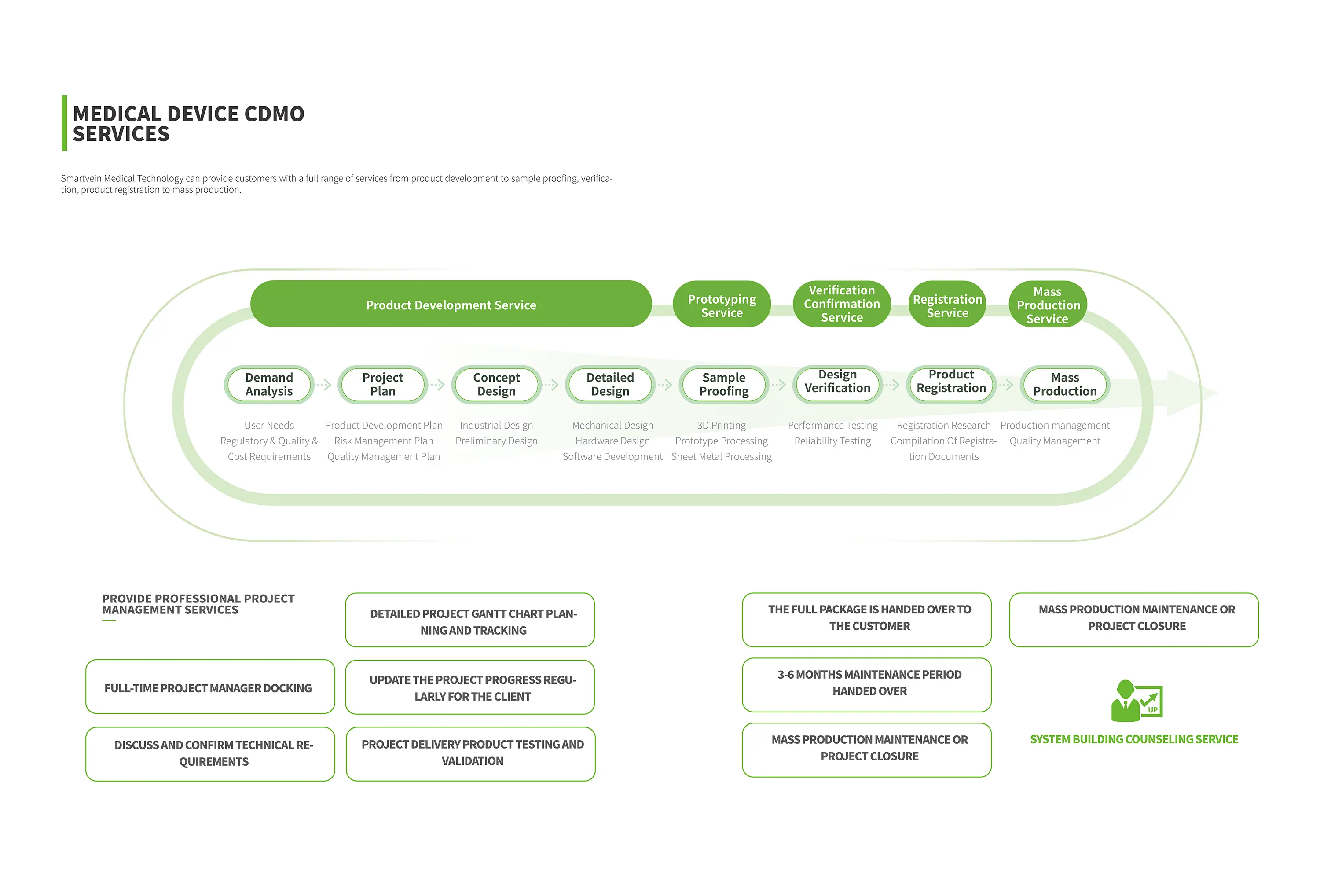Seawater, covering over 70% of our planet, is not just a vast expanse of saltwater; it is a complex solution teeming with a diverse array of minerals and trace elements. Understanding the mineral composition of seawater is crucial for various fields, including marine biology, environmental science, and even industrial applications. This article delves into the primary minerals found in seawater, their significance, and their implications for both marine ecosystems and human industries.
The Major Components of Seawater
Seawater is primarily composed of water (H₂O) and dissolved salts, with sodium chloride (NaCl) being the most abundant. However, the mineral composition extends far beyond just salt. The following are the key minerals found in seawater:
- Sodium (Na⁺): As the most prevalent cation in seawater, sodium plays a vital role in maintaining osmotic balance in marine organisms and is essential for nerve function in both aquatic and terrestrial life.
- Chloride (Cl⁻): This anion pairs with sodium to form table salt and is crucial for various physiological processes in marine organisms, including osmoregulation.
- Magnesium (Mg²⁺): Present in seawater at significant concentrations, magnesium is essential for photosynthesis in phytoplankton and plays a role in the structure of chlorophyll.
- Calcium (Ca²⁺): Calcium is vital for the formation of shells and skeletons in marine organisms, such as corals and mollusks. It also plays a role in cellular signaling processes.
- Potassium (K⁺): While less abundant than sodium, potassium is crucial for cellular functions and is involved in the regulation of water balance in marine organisms.
- Sulfate (SO₄²⁻): This anion is a key component of seawater and is involved in various biochemical processes, including the synthesis of proteins and the formation of certain minerals.
- Bicarbonate (HCO₃⁻): Bicarbonate acts as a buffer in seawater, helping to maintain pH levels and playing a critical role in the carbon cycle.
Trace Elements and Their Importance
In addition to the major ions, seawater contains a variety of trace elements that are essential for life, albeit in much smaller concentrations. These include:
- Iron (Fe): A crucial micronutrient for phytoplankton, iron is often a limiting factor in ocean productivity. Its availability can significantly influence marine food webs.
- Zinc (Zn): Important for enzyme function and protein synthesis, zinc is another trace element that supports the growth of marine organisms.
- Copper (Cu): While toxic in high concentrations, copper is essential for various biological processes, including photosynthesis and respiration.
- Manganese (Mn): This element is involved in several enzymatic reactions and is important for the metabolism of marine organisms.
The Role of Minerals in Marine Ecosystems
The minerals found in seawater are not merely passive components; they play active roles in marine ecosystems. For instance, the availability of nutrients like nitrogen, phosphorus, and iron can dictate phytoplankton blooms, which form the foundation of the marine food web. The balance of these minerals is crucial for maintaining biodiversity and ecosystem health.
Moreover, minerals influence the physical properties of seawater, such as density and temperature, which in turn affect ocean currents and climate patterns. Understanding these interactions is vital for predicting changes in marine environments, especially in the face of climate change.
Industrial Applications of Seawater Minerals
The mineral composition of seawater has significant implications for various industries. For example:
- Desalination: The extraction of fresh water from seawater involves understanding the mineral content to ensure the removal of harmful substances while retaining essential minerals.
- Aquaculture: Knowledge of seawater minerals is essential for creating optimal conditions for the growth of marine species in aquaculture settings.
- Pharmaceuticals: Some minerals and trace elements found in seawater have been studied for their potential health benefits, leading to the development of new drugs and supplements.
- Construction: Minerals like calcium and magnesium are used in the production of cement and other building materials, highlighting the economic importance of seawater minerals.
Conclusion
The minerals in seawater are a treasure trove of resources that play critical roles in both marine ecosystems and human industries. From supporting marine life to influencing global climate patterns, these minerals are integral to the health of our oceans and the well-being of our planet. As we continue to explore and understand the complexities of seawater, it becomes increasingly clear that preserving this vital resource is essential for future generations.

Average Rating